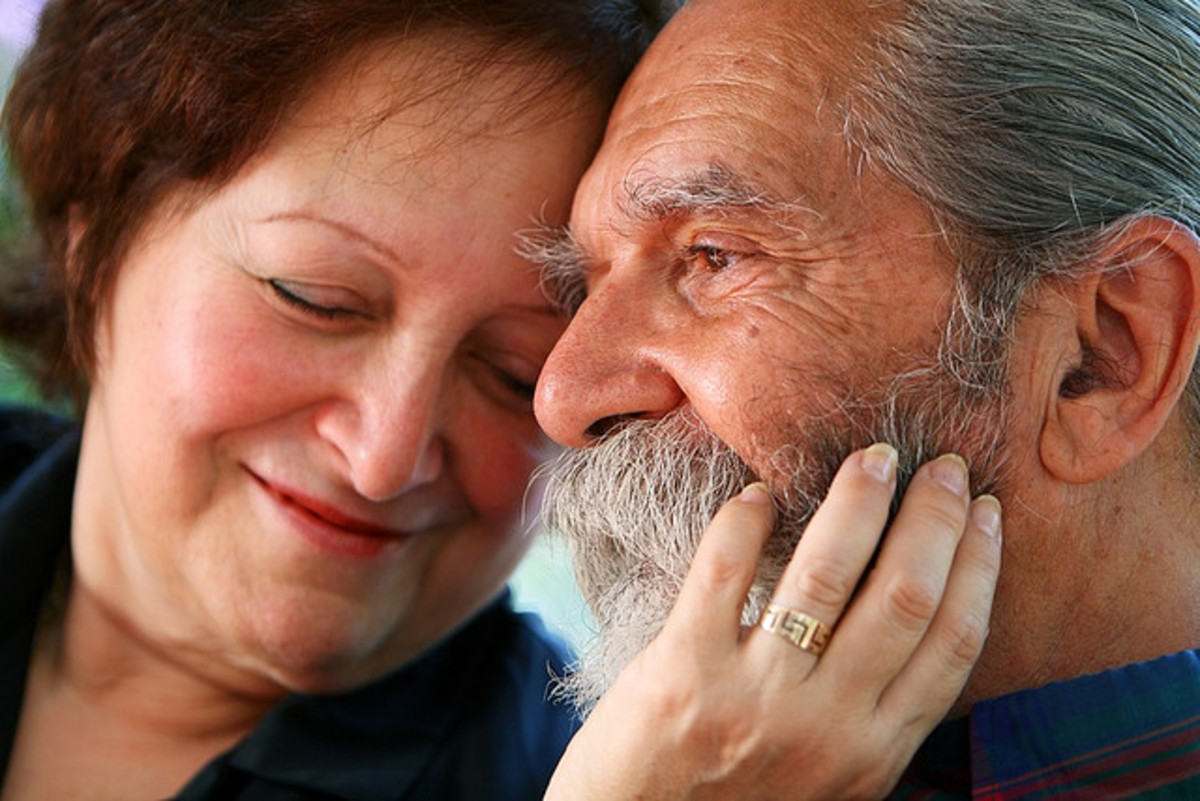Intercultural Marriage
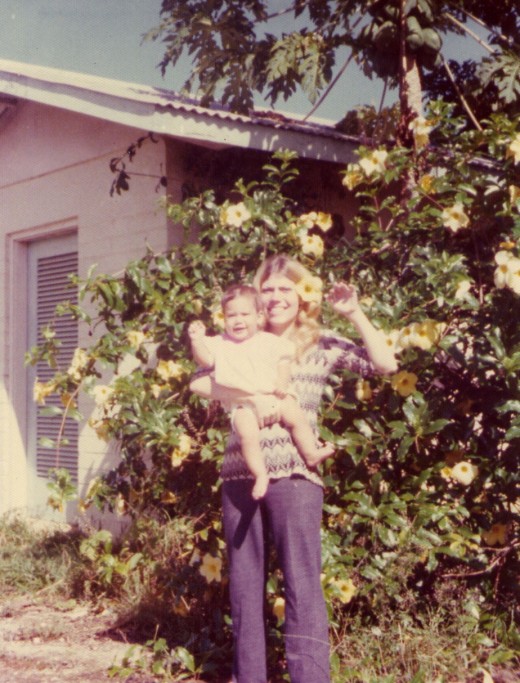
I chose to marry a person from another country. We have had many adventures together. Was it easy? Definitely not. Would I trade my experiences to have stayed in my own country? No, I wouldn't.
In any marriage, you have to compromise and find a middle ground to keep your relationship compatible. There are some choices that intercultural couples must make that are very difficult.
Here are a few things that stand out to me as difficult decisions for us and an interracial couple.

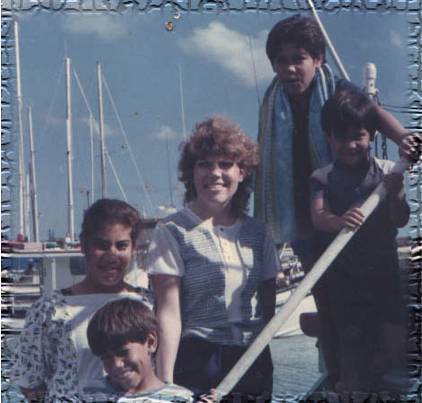
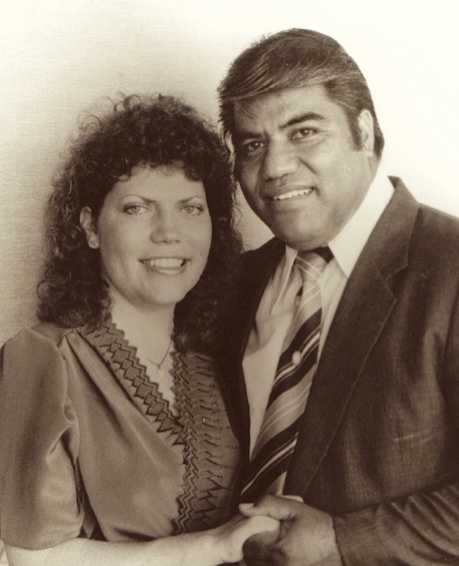
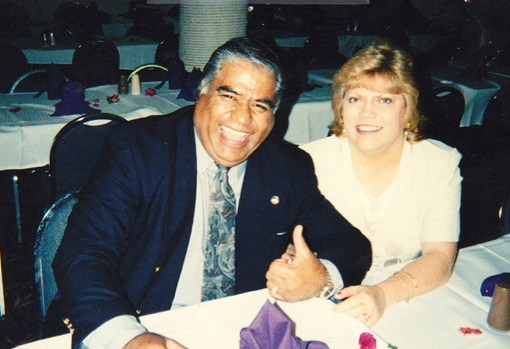
Where to Live
I think this is probably the most difficult decision, since in most cases, one or the other will have to sacrifice more.The way you grew up is how you are most comfortable. You usually pattern your own home after what you are used to. But, with two cultures you have to be open to a mixture of styles.
I grew up with my own room, slept in a canopy bed, with pink carpet (pretty much spoiled rotten), and my husband never had his own room, and he slept on a mat on the floor in a one room house with the whole family. So, needless to say, we had a bit of adjusting to do. We lived our first year where I am from, and then made the decision to move to where he is from for three years, but ended up spending a total of 13 years in Tonga, two in Samoa, and 20 in Hawaii.
My husband was not fond of the cold weather in the winters where I grew up, and I was not particularly fond of the hot humid climate in the islands, but I managed to adjust.
What language to speak
When the husband and wife speak different languages, they may have problems expressing their feelings with one another. What might be teasing in one language can be taken as offense in the other one. For example, in my husband's culture, if they say that you are "fat", it is a complement, but to me that was not taken very well. We have had a few problems with this language issue, and have to make ourselves very clear when it comes to our relationship.
Ideally, both languages will be spoken by both the husband and wife, and also taught to the children, but usually one language is preferred over the other. I did my best to learn my husband's language, and our children picked up quite a bit also, must mostly we spoke English (probably because I was the main one who raised the children).
What foods to eat
Gotta eat, right? But what the wife likes to eat, and what the husband likes to eat may be totally different, especially if they are from different countries. It would be ideal if you had enough money to pay a cook for each of you, but since that is not practical, there has to be a lot of give and take.
I grew up in a family where we ate mostly meat and potatoes with a side of veggies, and cake or pie for dessert. My husband, on the other hand, grew up by the sea. They ate a lot of seafood, including fish, octopus, mussels, and crab. Also, because he lived close to Fiji, they ate very spicy curries. This was all very foreign to me, but I was willing to give them a try, and am so glad that I did in some cases. I still don't like raw fish very much or octopus, but I am a fan of most cooked fish and I love curry. Also, I was delighted to learn there are many different kinds of bananas, papaya and I especially enjoyed the variety of fruits in the islands.
What traditions to keep
There are good and bad aspects of all cultures. You need to decide which ones to embrace and which ones to discontinue. Probably my biggest challenge during our first years of marriage was the extended family tradition in his culture.
We had only been married a few months when my husband's brother came to live with us. We have had several of his nieces and nephews live with us over extended periods of time. And, we have had my mother-in-law live with us, too. Being a more private person, I have had to learn how to share my space, food, clothes, kitchen, time, vehicle and money with those that stayed with us. My husband's family do not have "distant relatives". They are all considered close relatives. You have to know where to draw the line, otherwise you may lose yourself. Also, I had to give up my "American dream" because moving to the islands meant earning a much lower income, since my husband didn't become a US citizen until much later on.
How to Raise the Children
My husband was raised with the "hands on" type of discipline growing up. I don't remember ever being spanked (maybe once), so when it came time to raise our children, we had a few disagreements about how to handle them. I would cry as much as the kids when my husband got his belt out, but fortunately he mellowed as each child came along. I am happy that we were able to raise our children mainly in Polynesia. They had an excellent education at an English-speaking school, which was patterned after the British school system. They have all done very well, and each went on to graduate from college. One great thing the children learned where they were raised is respect for older people. That is something that seems to be missing a bit in the youth today.
After the Kids are Gone
Our latest dilemma is where we will retire. My husband would love to go back to his homeland and farm year round or lay on the beach. I want to be near my grandchildren, so we had thought of going our separate ways, and meeting up a couple of times a year, but that is still under discussion. We have to work this out together, so I will let you know how it turns out. It definitely takes a strong commitment to our marriage vows for us to live happily ever after together!
We have had so many wonderful experiences in our travels. We decided to live in Hawaii because it is the best of both worlds. I am still in America, but it is located in the South Pacific. The population here is so diverse, and I still have the shopping, medical facilities, and conveniences that I am used to. My husband can garden year round, and go to the beach just like his homeland, so it will be hard to leave.







